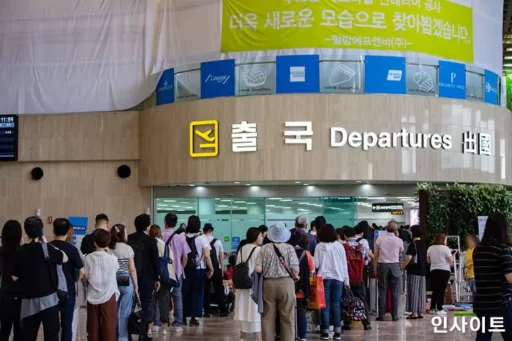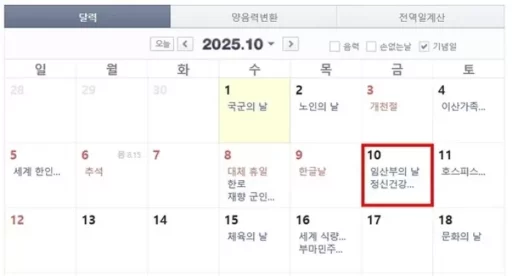Chuseok Golden Holiday: Possibility of Temporary Public Holiday Designation and Opinions For and Against
This year, the Chuseok holiday is scheduled to last for 7 days from October 3rd to 9th, raising interest in whether the holiday can be extended to a maximum of 10 days with the designation of temporary public holidays.
Concerns coexist regarding this long holiday, with positive aspects such as revitalizing the domestic economy and ensuring the right to rest for citizens, alongside worries about a decline in domestic consumption due to increased overseas travel and decreased corporate productivity.
Positive Aspects of Revitalizing the Domestic Economy and Ensuring Citizens' Right to Rest
According to industry sources as of the 11th, the travel industry is preparing for a surge in domestic and international travel demand during this Chuseok holiday.

Flight tickets to Jeju from airports nationwide, including Gimpo, have already sold out months in advance, and airlines have begun to increase flights to Jeju and Japan.
Hotels in major domestic tourist destinations, including Jeju Island, have reportedly already booked over 90% of their rooms due to early reservations made by travelers planning "staycations."
Possibility of Temporary Public Holiday Designation and Expected Effects
The holiday starting from October 3rd, National Foundation Day, continues through the substitute holiday on the 8th and Hangul Day on the 9th.
If October 10th, a Friday, is designated as a temporary public holiday, it could lead to a total of 10 days of the "longest golden holiday," including the weekend of the 11th and 12th.
Some schools have already designated October 10th as a discretionary day off for school administrators, and even if it is not designated as a temporary public holiday, many workers are expected to use their annual leave.

However, there is a considerable skeptical view regarding the designation of temporary public holidays. The main concern is that, contrary to the original intention of stimulating domestic consumption, it may actually increase demand for overseas travel.
In fact, during the last January, when temporary public holidays were included, the number of outbound travelers surged by 7.3% compared to the same period the previous year, and in October of last year, it increased by 16.6%.
There are also concerns about the negative impact on corporate productivity. In January, when the Lunar New Year holiday coincided with temporary public holidays, the number of working days was just 20, the lowest since 2000, which resulted in a 10.3% decrease in January export figures compared to the same month the previous year.
The National Assembly Legislative Research Service pointed out in a report in June that "recent temporary public holidays have limited effects on revitalizing the domestic economy and have highlighted structural limitations such as declines in exports and production and the blind spots in the right to rest."

Many schools are planning mid-term exams immediately after the Chuseok holiday, raising concerns that the designation of a temporary public holiday may burden academic schedules.
Meanwhile, in May, there were expectations for the designation of a temporary public holiday connecting Labor Day (the 1st), Children's Day and Buddha's Birthday (the 5th), and the substitute holiday (the 6th). However, the government ultimately did not designate additional public holidays.
Image source: Naver Calendar capture, illustrative photo for article comprehension / gettyimagesbank


